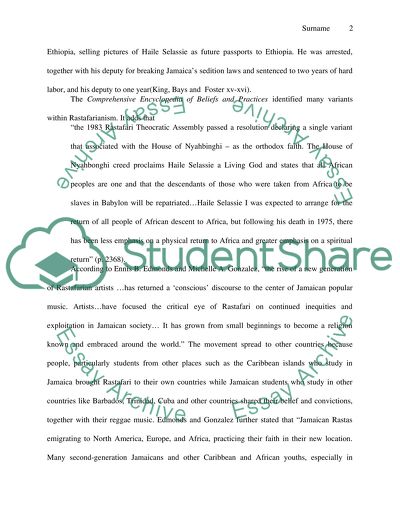Cite this document
(“Merchant Trade Around the World During World Colonization Research Paper - 2”, n.d.)
Merchant Trade Around the World During World Colonization Research Paper - 2. Retrieved from https://studentshare.org/history/1465030-essay
Merchant Trade Around the World During World Colonization Research Paper - 2. Retrieved from https://studentshare.org/history/1465030-essay
(Merchant Trade Around the World During World Colonization Research Paper - 2)
Merchant Trade Around the World During World Colonization Research Paper - 2. https://studentshare.org/history/1465030-essay.
Merchant Trade Around the World During World Colonization Research Paper - 2. https://studentshare.org/history/1465030-essay.
“Merchant Trade Around the World During World Colonization Research Paper - 2”, n.d. https://studentshare.org/history/1465030-essay.


